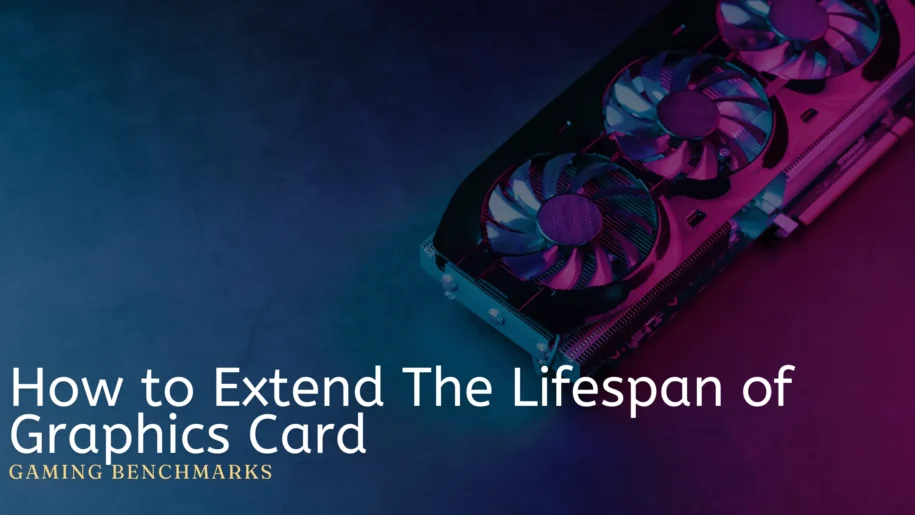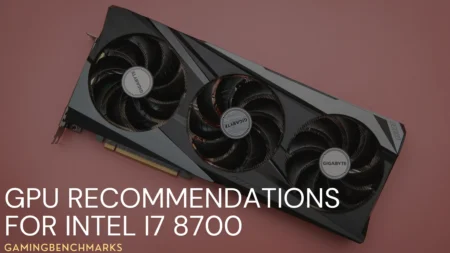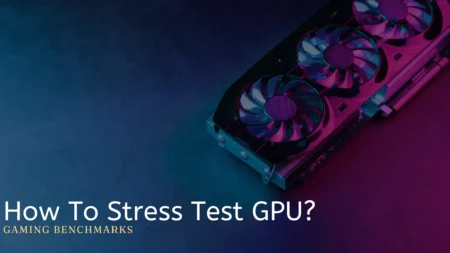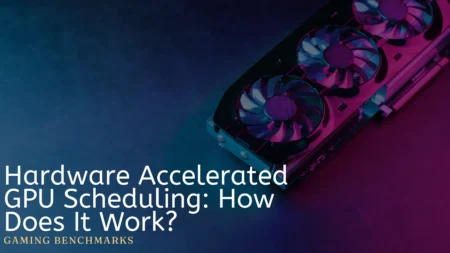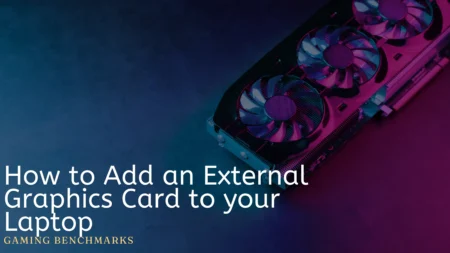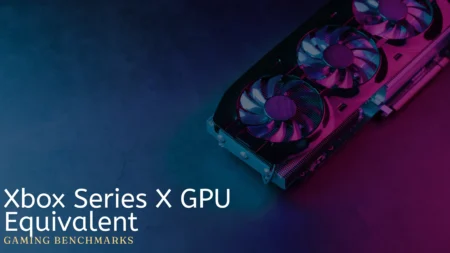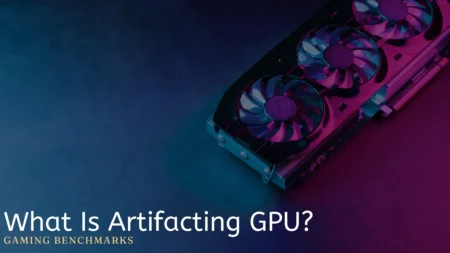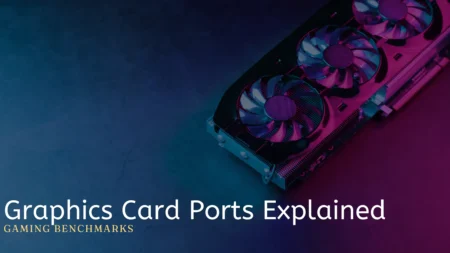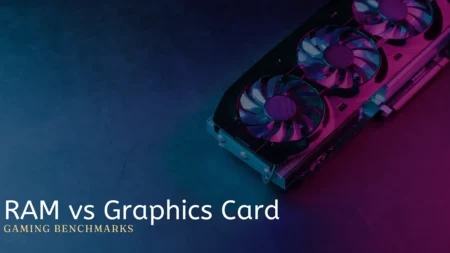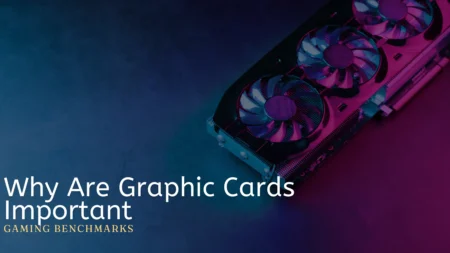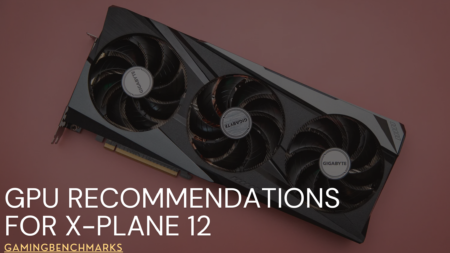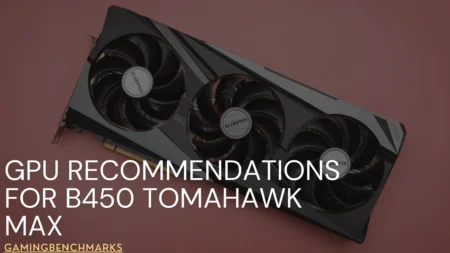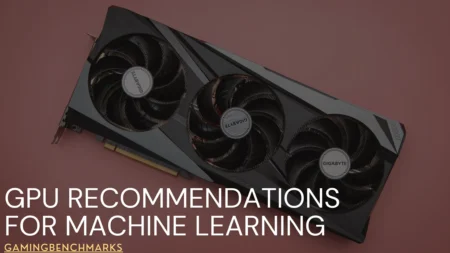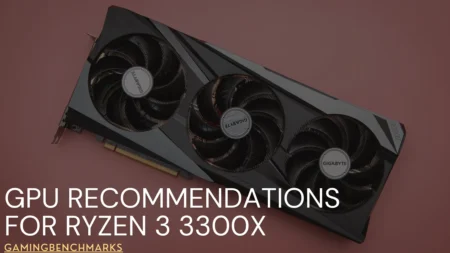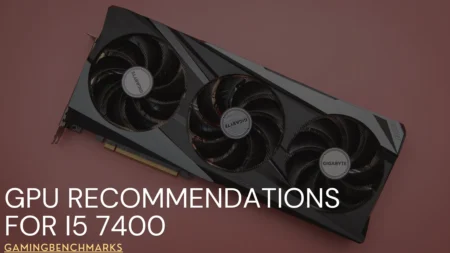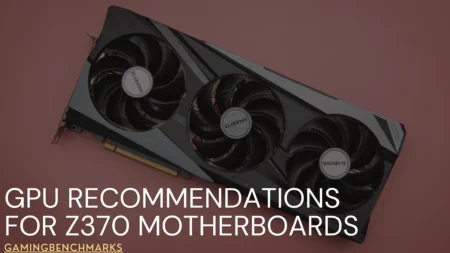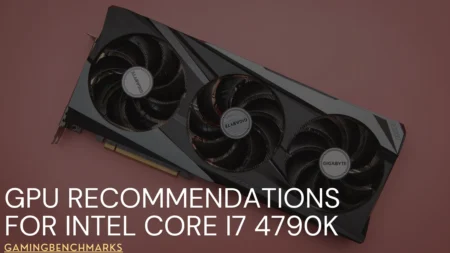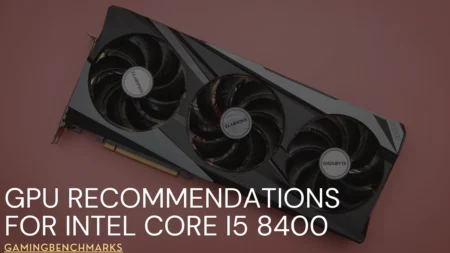Graphics cards play a crucial role in powering the visuals of modern computers, enabling us to enjoy high-quality gaming, graphic design, and other visually demanding tasks.
However, like any electronic component, graphics cards have a limited lifespan.
In this article, we will explore various methods and practices to extend the lifespan of your graphics card, ensuring optimal performance and longevity.
1. Understanding Graphics Cards

What is a Graphics Card?
A graphics card, also known as a video card or GPU (Graphics Processing Unit), is a specialized hardware component responsible for rendering and displaying images, videos, and animations on your computer screen.
It handles complex calculations and processes large amounts of data to deliver smooth and realistic visuals.
Components of a Graphics Card
A graphics card consists of various components that work together to deliver its functionality. These components include the GPU, VRAM (Video Random Access Memory), cooling system (fans or heat sinks), power connectors, and display connectors.
Understanding these components is essential to maintaining and optimizing your graphics card’s lifespan.
Importance of Extending Lifespan
Extending the lifespan of your graphics card offers several benefits. Firstly, it saves you money as you won’t need to replace your card frequently. Secondly, it ensures consistent performance, preventing unexpected crashes or graphical glitches.
Lastly, it allows you to maximize the value of your investment by utilizing your graphics card’s capabilities for a longer duration.
2. Proper Installation and Maintenance

Choosing the Right Power Supply
When installing a graphics card, it’s crucial to ensure that your power supply unit (PSU) can provide sufficient and stable power. Insufficient power supply can lead to stability issues, performance degradation, and even damage to your graphics card.
Refer to your graphics card’s specifications and select a PSU that meets its power requirements.
Proper Ventilation and Cooling
Graphics cards generate a significant amount of heat during operation. Proper ventilation and cooling are vital to prevent overheating, which can adversely affect performance and potentially damage the card.
Ensure that your computer case has adequate airflow, clean any dust accumulation regularly, and consider additional cooling solutions like case fans or liquid cooling.
Cleaning and Dust Prevention
Dust accumulation on your graphics card can impede heat dissipation and cause overheating. Regularly clean your graphics card using compressed air or an anti-static brush to remove dust and debris.
Additionally, consider using dust filters on your computer case to minimize dust entry and prolong the lifespan of your graphics card.
3. Monitoring and Optimizing Performance
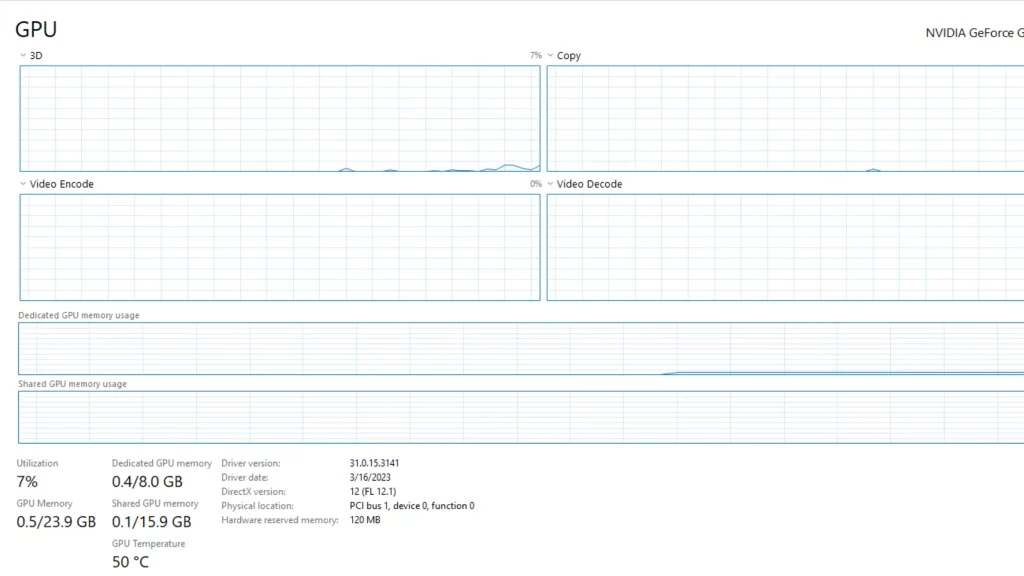
Using Monitoring Software
Utilizing monitoring software allows you to keep track of your graphics card’s temperature, clock speeds, and other vital metrics.
Monitoring software like MSI Afterburner or GPU-Z provides real-time information, enabling you to identify potential issues and make necessary adjustments to optimize performance and prevent overheating.
Overclocking Considerations
Overclocking your graphics card can provide performance gains but can also put additional stress on the card and potentially reduce its lifespan if not done properly.
If you choose to overclock, do thorough research, follow safe overclocking practices, and ensure proper cooling to maintain stability and prevent excessive heat buildup.
4. Safe Handling and Storage

Protecting Against Static Electricity
Static electricity can severely damage sensitive electronic components like graphics cards. When handling or installing a graphics card, ground yourself by using an anti-static wristband or by touching a grounded metal object. This precaution prevents static discharge and protects your card from potential harm.
Proper Transportation and Storage
If you need to transport or store your graphics card, take necessary precautions to avoid physical damage.
Keep the card in an anti-static bag or a protective case and ensure it is securely fastened to prevent unnecessary movement during transit.
Avoid exposing the card to extreme temperatures or humidity, as these can adversely affect its performance and lifespan.
5. Avoiding Overheating and Stress
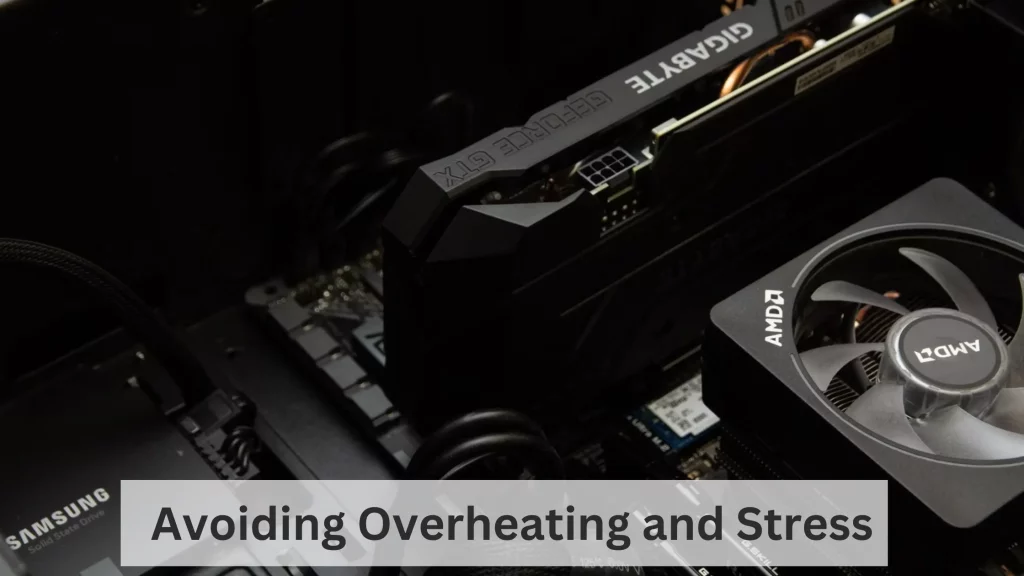
Avoiding Extreme Temperatures
Graphics cards are designed to operate within specific temperature ranges. Exposing your card to extreme heat or cold can lead to thermal stress, affecting its performance and longevity.
Ensure that your computer is kept in a well-ventilated area and avoid placing it near heat sources or in direct sunlight.
Reducing Heavy Workloads
Running graphically intensive applications or games for extended periods can put a significant load on your graphics card, potentially increasing heat generation and stressing its components.
Take breaks during extended gaming sessions, close unnecessary background processes, and optimize in-game settings to reduce the workload on your graphics card.
Regular Driver Updates
Graphics card manufacturers often release driver updates that optimize performance, fix bugs, and address compatibility issues.
Regularly check for driver updates and install them to ensure your card operates efficiently and benefits from the latest improvements and optimizations.
Can a graphics card last 10 years?
Yes, a graphics card can potentially last 10 years with proper care and usage. To extend its lifespan, follow these tips:
- Temperature Control: Keep your GPU cool by ensuring good airflow and cleaning dust regularly.
- Moderate Overclocking: If you overclock, do it conservatively and monitor temperatures.
- Quality Power Supply: Use a reliable power supply to ensure stable power delivery.
- Regular Updates: Keep drivers and firmware up to date for optimal performance.
- Clean Environment: Avoid dusty and humid conditions to prevent damage.
- Gentle Handling: Install and remove the card carefully to prevent physical stress.
Conclusion
It is essential to understand how to take care of your graphics card and how to extend its lifespan. By implementing the following practices and adopting a proactive approach, you can effectively enhance the longevity of your graphics card.
Proper installation, regular maintenance, diligent monitoring, safe handling, and avoiding excessive stress or heat play a crucial role in preserving your card’s performance and ensuring its longevity.
It is important to remember that a well-maintained graphics card not only guarantees optimal visuals but also contributes to a seamless computing experience for an extended period of time.
Therefore, taking the time to follow these guidelines will undoubtedly prove beneficial in the long run.
Frequently Asked Questions
How often should I clean my graphics card?
Cleaning your graphics card every 3-6 months is generally recommended. However, the frequency may vary depending on factors such as your computer’s environment and usage.
Can I overclock my graphics card without additional cooling?
While it’s possible to overclock without additional cooling, it’s generally safer and more effective to have proper cooling solutions in place to prevent overheating.
Is it necessary to update my graphics card drivers?
Yes, regularly updating your graphics card drivers ensures optimal performance, compatibility, and access to the latest features and improvements.
Can I transport my graphics card without an anti-static bag?
It’s highly recommended to transport your graphics card in an anti-static bag or a protective case to minimize the risk of static damage.
What is the average lifespan of a graphics card?
The lifespan of a graphics card can vary depending on various factors, such as usage, quality, and maintenance. On average, a well-maintained graphics card can last around 3-5 years or more.

